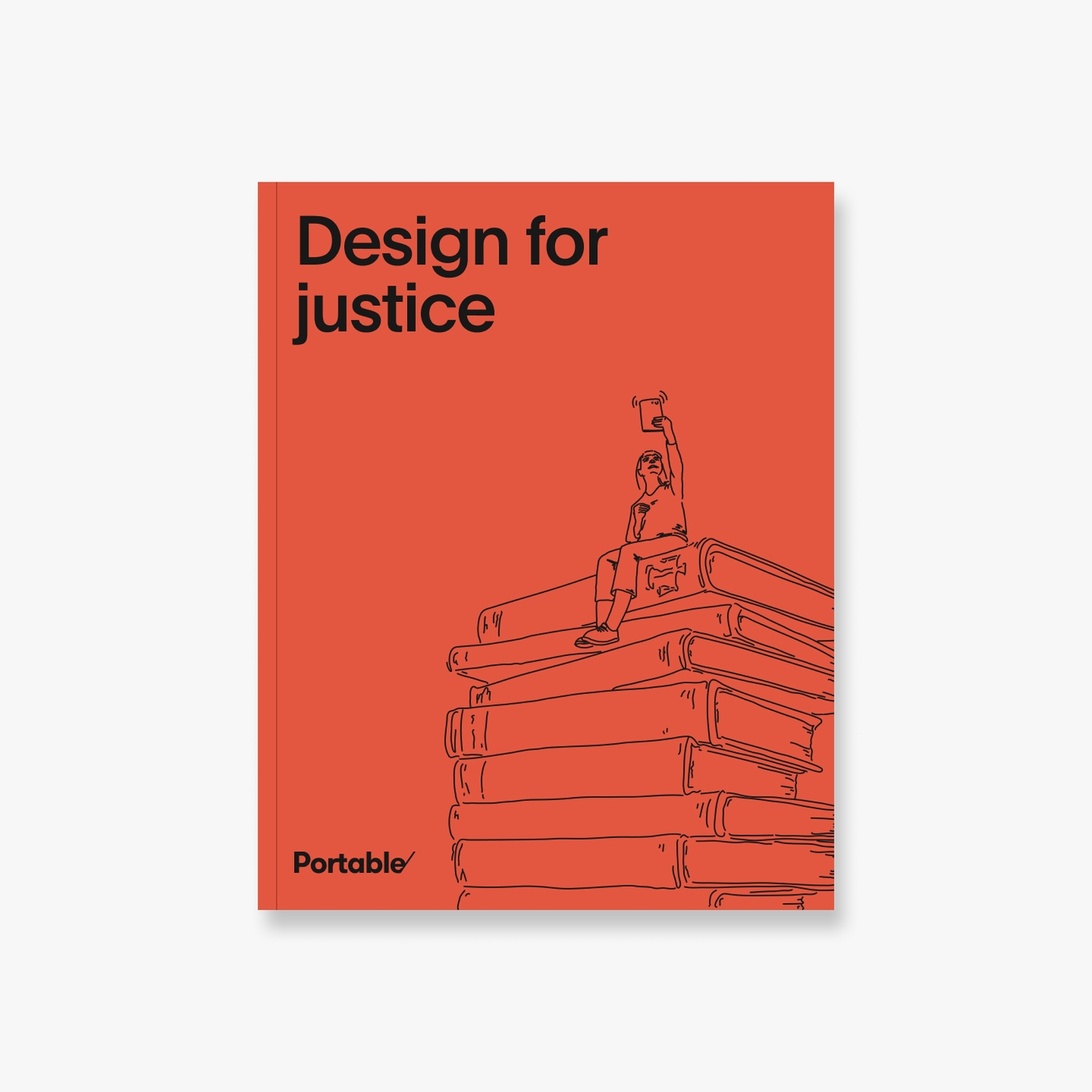The challenge
The OPP is an independent statutory authority that prepares and conducts criminal prosecutions. It was having issues with how its digital presence was conveying information. It was leaving victims, witnesses and families struggling and confused.
Without the proper access to information, victims, witnesses and family were left struggling, feeling like they didn’t have strong support from the organisation. This experience needed to be humanised, so they felt like the OPP could support them.
Part of this would include changing the way it framed information, to make it more accessible and user-friendly. The website’s structure and delivery of information was still reliant on legal jargon, a lexicon of words often unfamiliar to the average layperson who occasionally has to interact with the judicial system.
Calls received by staff from the public phone line were often distressing, with victims and their families expressing worry and social media was being used to vent those frustrations. The digital experience needed to provide that humanising experience and in turn, would improve the customer experience.
Approach
Using the site’s audit analytics and data from existing clients, Portable decided to change the user journey. By using data, interviews and journey mapping, Portable staff began to draw insights about the way users wanted information.
Portable started by looking at the content through different user personas and using techniques drawn from information architecture to structure it. Our work focused on a series of design directions for a warm and humanising experience, making sure to avoid including images that could be considered triggering.
The next challenge was to align what the staff wanted to convey, with the content present on the website. We made sure to speak to staff who interacted with clients and users, analysed the data and based on those insights, we began to frame the taxonomy that would aid the user journey.
Once the design, the structure and content was determined, we took our work and tested it with users. This process needed to put our research to the test. Our user cohort included the people who were going to be utilising this information within courts, whether it be clients, families, victims or court users themselves. On a broad scale, we chose to survey citizens in Victoria on the information they wanted to know, when learning about the OPP's work.
Our method of delivery was purposely rapid. We wanted to deliver a user-centric and fully functional prototype to give staff a way to test the site internally. So, working alongside a staff member from we put the site together in a one-day 'hackathon'.
During the hackathon, Portable rewrote content, repurposed for more than 50 specific pages and applied the new visual overlay. We delivered this prototype to the OPP and launched it internally.
Finally, to add to the many moving parts of the project, this site was reviewed by OPP to make sure the content suited their needs and then beta-released to the broader audience. Our emphasis on an iteration-and-feedback loop denotes how much we value user engagement. This means of working also allows us to make changes where needed to improve the process and product.
Outcomes
This project demonstrates our commitment to user-centric design and our ability to:
- produce data-driven and user-centric prototypes
- update and synchronise key content
- identify key user groups and conduct user research and testing
- build data and analytical tools into the site, allowing OPP to better track their process
- create a user experience that is mobile first and responsive
Download our free report on legal innovation
